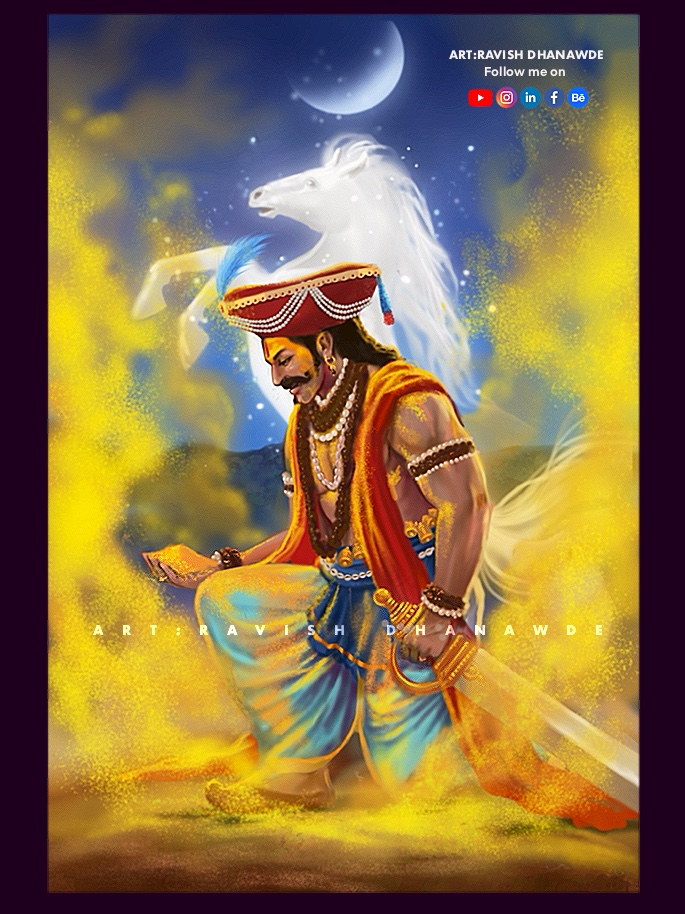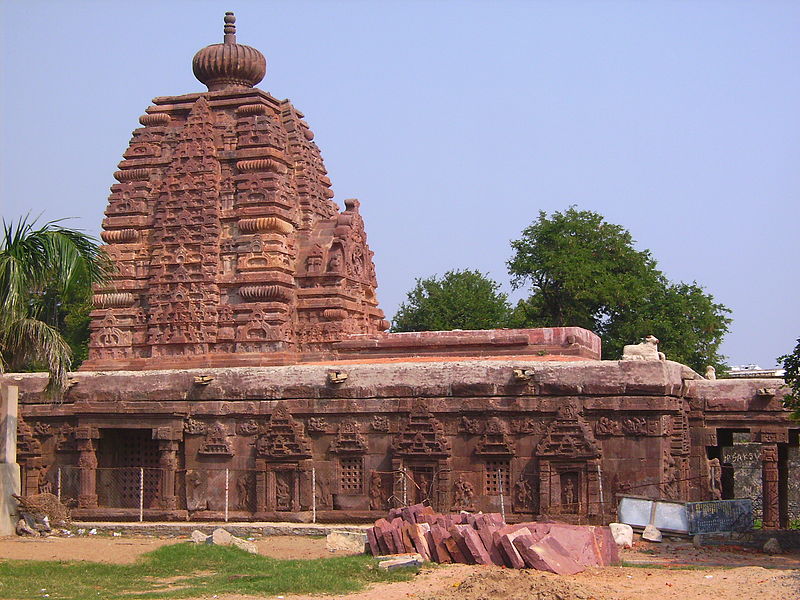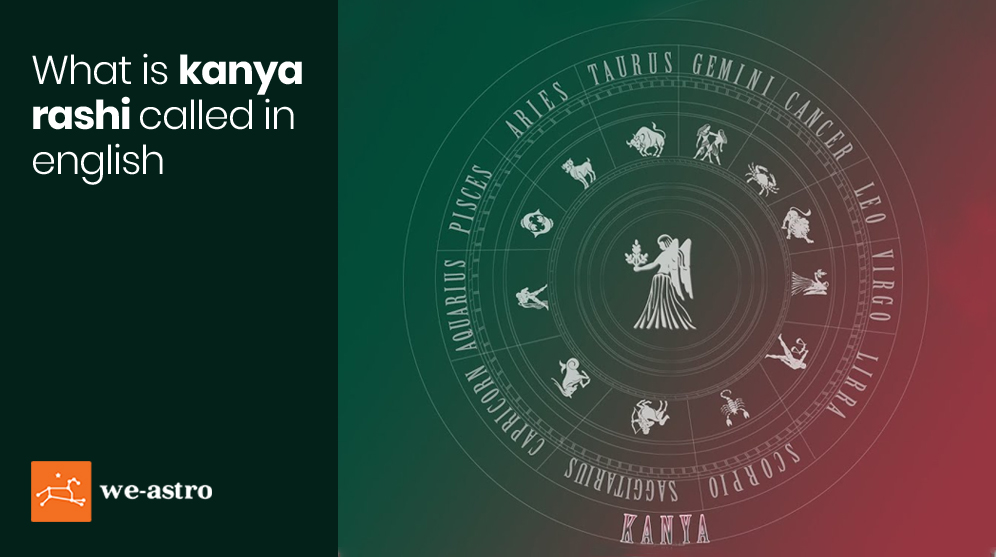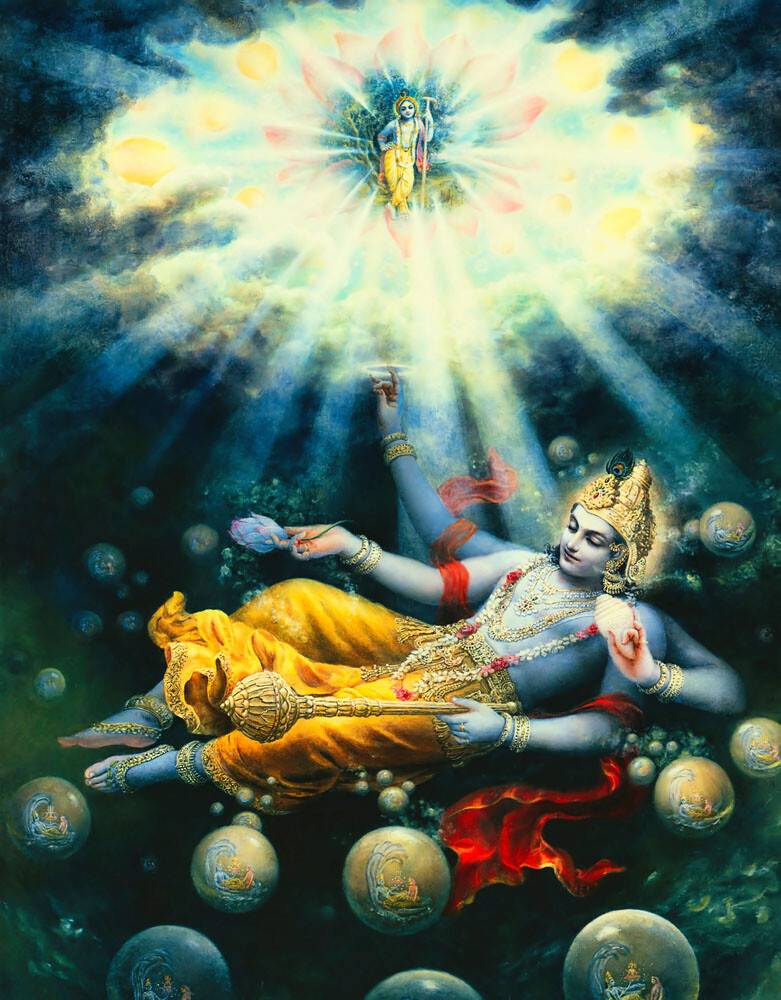Exploring Khandoba's Realm: A Hidden Jewel in Hindu Spirituality
"Explore Khandoba, a popular deity in Hinduism known for his martial and shepherd traits that encapsulates the richness of Hindu mythology."

Khandoba, also known as Martand Bhairava, is a significant deity in the Hindu faith, especially in the region of Maharashtra and Karnataka. He is a manifestation of Lord Shiva, embodying the warrior form and is revered as the family deity or 'Kuladevata' of many communities in western India.
The name Khandoba comes from the words 'khadga' meaning sword, a symbol of the divine warrior, and 'oba' meaning father, thus representing 'the father who wields the sword'. Khandoba is primarily worshipped in the form of Linga, the universal symbol of Lord Shiva, and is often depicted riding a white horse, with weapons in his hands, and accompanied by his wives Mhalsa and Banai.
Renowned for his courage and valor, Khandoba is believed to have slain demons Mani-Malla. This heroic act is celebrated among his devotees during the festivals of Champa Shashthi and Somavati Amavasya. These festivals are prominent occasions where devotees gather at Khandoba's temples to offer their prayers and seek his blessings. Among his many temples, the Khandoba temple at Jejuri in Maharashtra is the most significant, attracting millions of pilgrims each year.
Despite his warrior persona, Khandoba also represents fertility and prosperity, largely due to his association with pastoral and farming communities. His veneration includes rituals and ceremonies that reflect the agrarian ethos, making Khandoba not merely a warrior god but also a patron of fertility and prosperity. The rituals performed in his honor often involve the offering of turmeric, believed to possess healing properties, symbolizing well-being and abundance.
Over the centuries, Khandoba's worship has transcended caste and class boundaries, making him a unifying deity who commands respect and devotion from a broad spectrum of society. Each community that venerates Khandoba has its unique traditions and customs, illustrating how he binds diverse groups under a common religious and cultural umbrella. The worship of Khandoba, thus, reflects the rich and varied tapestry of Hinduism, embodying the plurality and inclusivity characteristic of this ancient faith.




